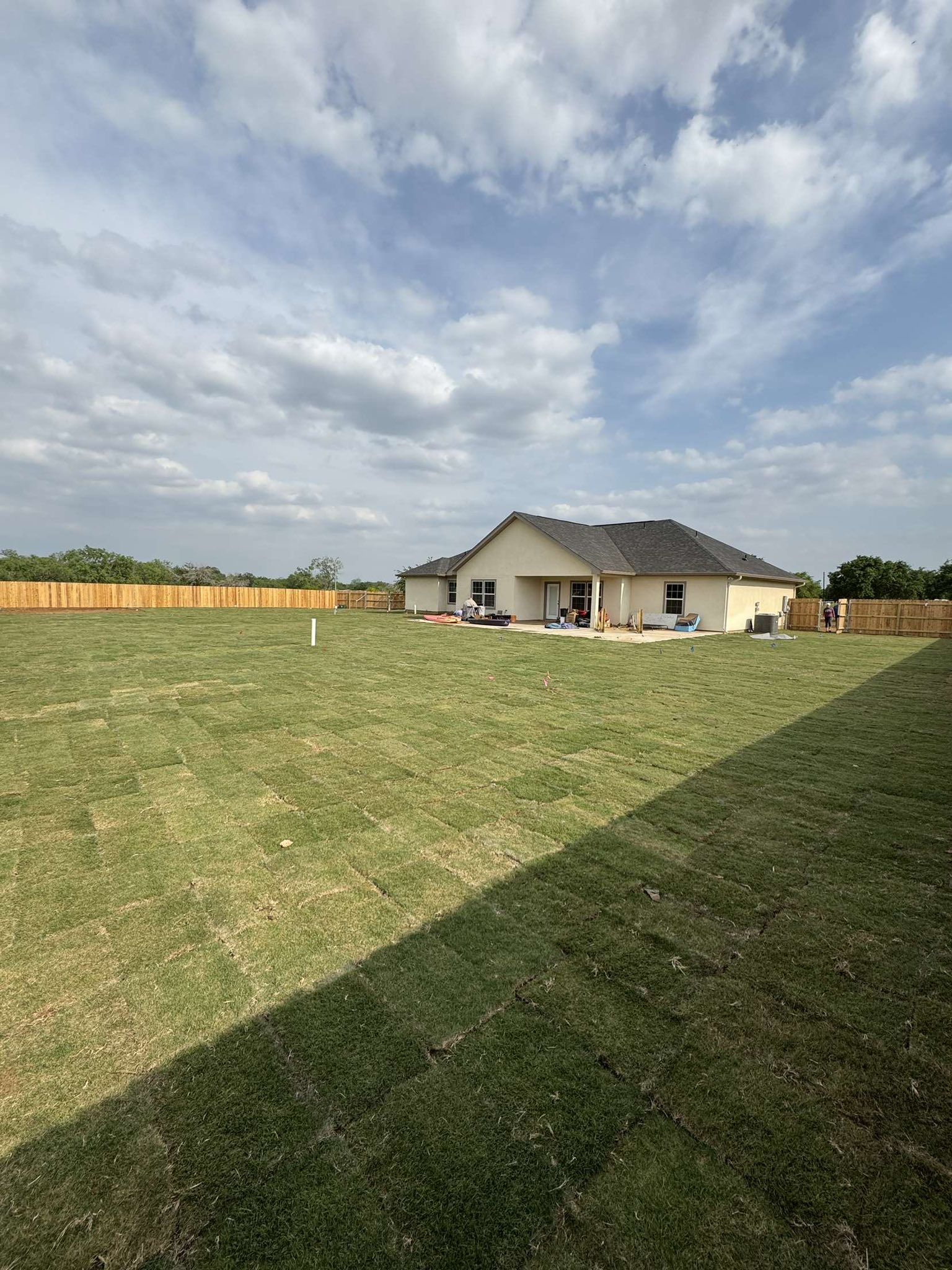
Achieving Sustainable Beauty: Eco-Friendly Landscaping Practices Sep 04, 2025
The journey towards an eco-friendly landscape begins with understanding the native environment of your property. Native plants are inherently adapted to the local climate, soil conditions, and ecosystem, making them a sustainable choice for any landscape design. These plants generally require less water, fertilizer, and pest control, helping you save resources while maintaining a lush, vibrant garden. Opting for indigenous species not only supports local wildlife by providing essential habitats but also simplifies maintenance.
Water conservation is another critical component of sustainable landscaping. Implementing efficient watering systems such as drip irrigation can significantly reduce water waste. These systems deliver water directly to the plant roots, minimizing evaporation and ensuring plants receive optimal hydration. Harvesting rainwater by installing barrels or building rain gardens can further enhance your water-saving efforts. These methods reduce reliance on municipal water supplies and help manage stormwater runoff, preventing erosion and protecting waterways.
In addition to thoughtful plant selection and water management, adopting organic and natural practices can transform your garden into a haven for biodiversity. Instead of relying on synthetic fertilizers and pesticides, consider alternatives such as composting and natural pest deterrents. Composting kitchen scraps and yard waste not only enriches the soil with essential nutrients but also reduces landfill contributions. For pest control, introducing beneficial insects like ladybugs and lacewings can keep harmful pests in check without the need for chemicals.
The design and layout of your landscape can also influence its sustainability. By incorporating elements like permeable surfaces, such as gravel pathways or permeable pavers, you can promote natural water absorption and reduce runoff. Strategic tree placement can provide natural shade, cooling your home during summer months, and reducing energy consumption. Moreover, layering your plants according to height and water needs can create microclimates that foster plant health and reduce resource use.
Finally, regular maintenance with an emphasis on eco-friendly practices ensures your landscape remains sustainable year-round. Techniques such as pruning, mulching, and seasonal planting not only encourage plant health but also enhance your garden's ability to thrive with minimal intervention. Encouraging a natural growth form and reducing excessive pruning can foster healthier plant development and discourage disease.
In conclusion, achieving sustainable beauty in your outdoor spaces is entirely feasible with a few thoughtful practices. At Platinum K Landscaping, we strive to empower homeowners with the knowledge and tools to create landscapes that are not only beautiful but also beneficial to the environment. By choosing native plants, conserving water, embracing organic methods, and implementing thoughtful design, your landscape can thrive while positively impacting the world around us. Sustainability starts in our backyards, and by making informed choices today, we contribute to a healthier, more beautiful tomorrow.
/filters:no_upscale()/media/1f6bf657-d945-40cf-8426-e8e2eaed7d2f.jpeg)
/filters:no_upscale()/filters:format(webp)/media/2646f713-cb6f-4a8e-8f40-045dc2c2edef.jpeg)